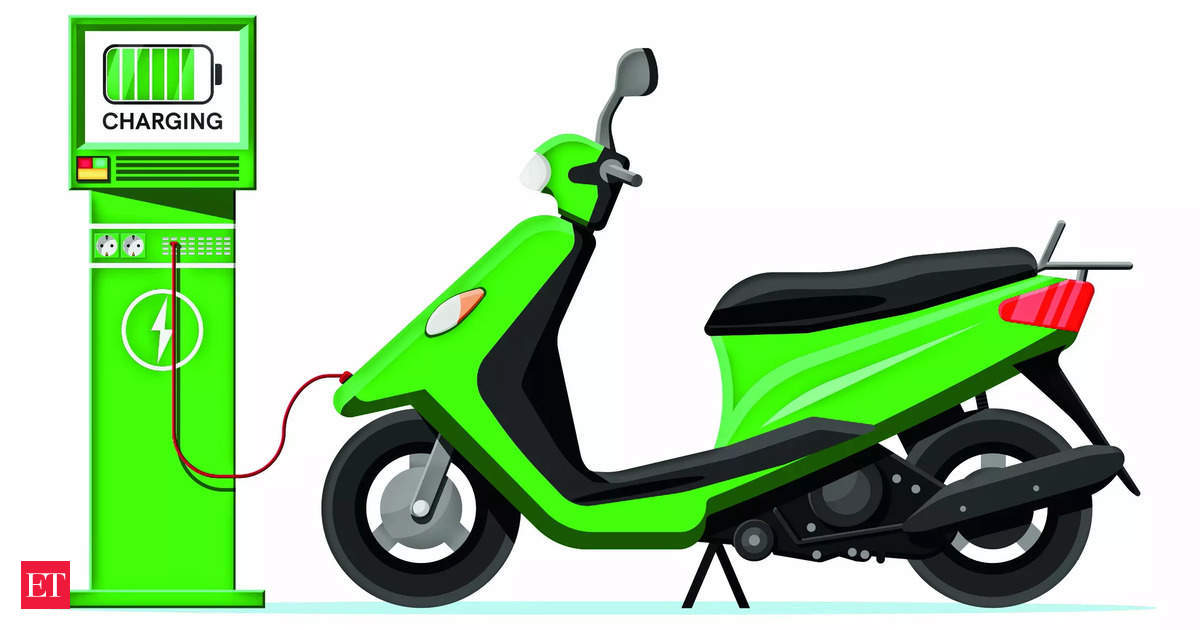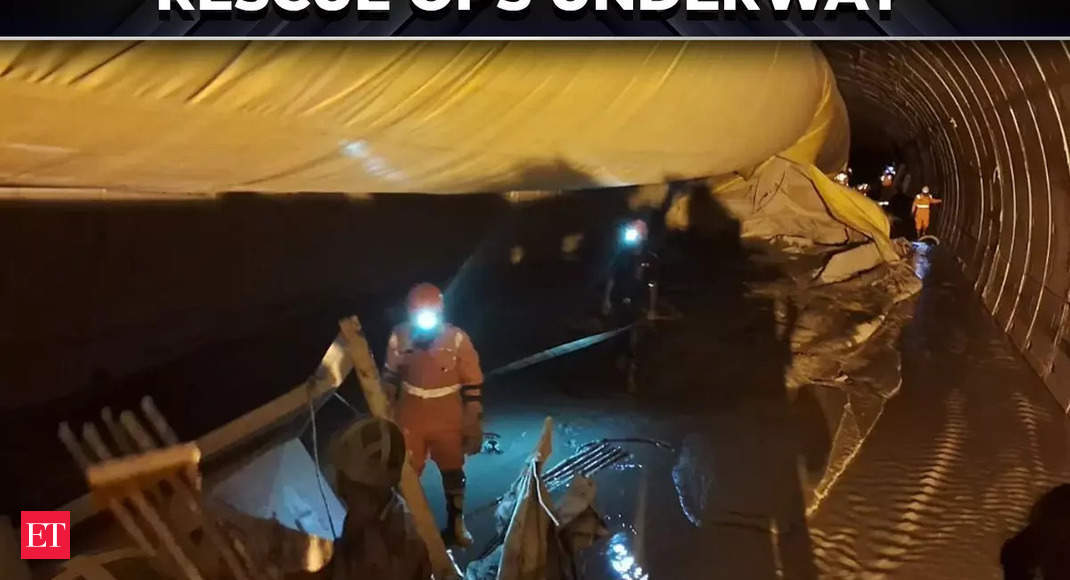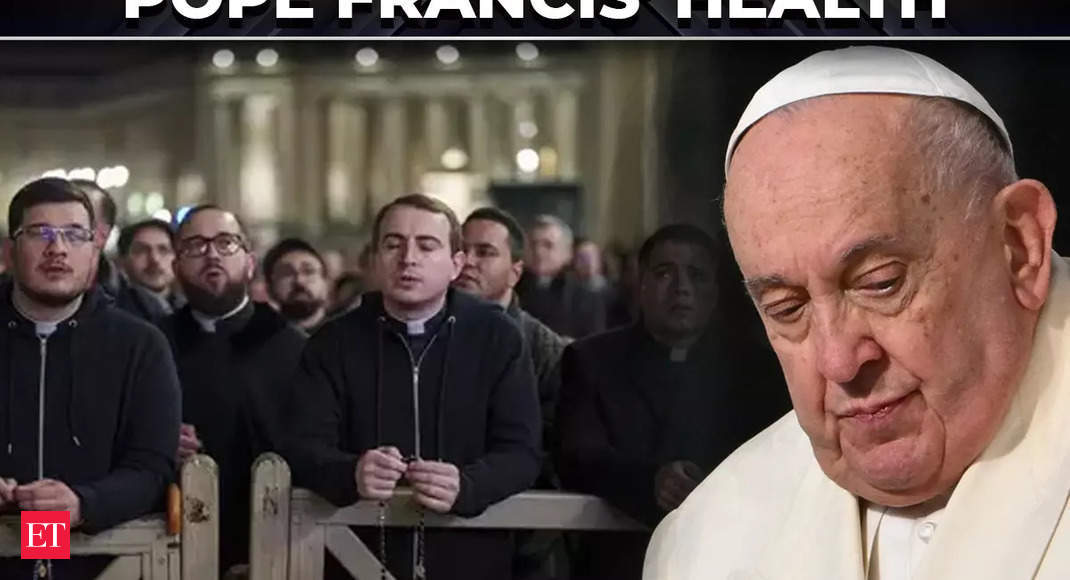The Indian government has been criticized for allegedly excluding top electric vehicle (EV) manufacturers from the new subsidy scheme. According to reports, the government is accused of keeping these companies out to prevent further cases of subsidy misappropriation.
The Faster Adoption and Manufacturing of Hybrid and Electric Vehicles (FAME) scheme was introduced in 2015 to promote the usage of electric vehicles in India. Under this scheme, financial assistance was provided to EV manufacturers to reduce the cost of production and make electric vehicles more affordable for the masses.
However, recent reports suggest that some prominent EV makers have been left out of the new subsidy scheme. These manufacturers have been accused of misappropriating subsidies provided under the FAME scheme. It is alleged that they claimed incentives for higher sales figures than the actual number of EVs sold, resulting in unauthorized benefits.
This alleged misappropriation has raised concerns about the government’s evaluation process and its ability to prevent such malpractices. Critics argue that by keeping these manufacturers out of the new scheme, the government is sending a message of leniency towards companies that have been involved in fraudulent activities.
On the other hand, supporters of the government’s decision believe that it is a necessary step to ensure transparency and accountability in the EV industry. They argue that excluding manufacturers accused of misappropriation will discourage fraudulent practices and create a level playing field for other EV makers.
The government’s move has created a divide within the EV industry. While some manufacturers feel unjustly targeted, others believe that this step will pave the way for a more ethical and competitive market. The controversy surrounding the exclusion of these EV makers has also sparked discussions about the need for stricter regulations and better monitoring of subsidies.
Industry experts suggest that the government should tighten its evaluation process for subsidies and impose stricter penalties for misappropriation. They also emphasize the importance of encouraging transparency and ethical practices among EV manufacturers.
In conclusion, the Indian government is facing allegations of excluding top EV makers from the new subsidy scheme due to cases of subsidy misappropriation. As the EV industry continues to grow, it is crucial for the government to establish robust measures to prevent fraudulent practices and ensure a fair market for all manufacturers.









